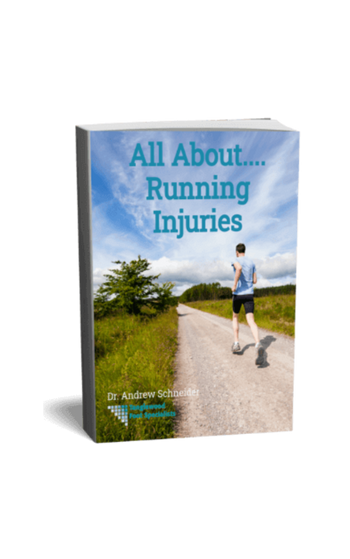Understanding Post-Run Foot Pain
You've just finished a run and notice a pain in your foot that wasn't there before. This common experience can be frustrating, especially when you're trying to maintain a consistent training schedule. Post-run foot pain can range from a minor annoyance to a significant issue that requires attention.
While some discomfort after increasing your mileage or intensity might be expected, persistent or severe pain often signals that something needs to be addressed. Understanding the potential causes and solutions can help you get back to pain-free running more quickly.
Common Causes of Post-Run Foot Pain
Several factors can contribute to foot pain that develops during or after running. Identifying the specific cause is crucial for effective treatment.
Frequent causes include:
- Overuse and muscle strain
- Improper footwear
- Training errors (too much, too soon)
- Biomechanical issues
- Foot structure abnormalities
- Underlying conditions like plantar fasciitis
Want to understand what's causing your foot pain? Download our free guide about running injuries to learn about common conditions and their symptoms.
Identifying Your Specific Pain
The location and nature of your foot pain can provide valuable clues about its cause. Conducting a simple self-assessment helps narrow down the possibilities.
Key areas of pain and potential causes:
- Heel pain - often indicates plantar fasciitis or Achilles issues
- Ball of foot pain - may suggest metatarsalgia or Morton's neuroma
- Arch pain - commonly related to flat feet or high arches
- Top of foot pain - could be extensor tendonitis or stress fractures
- Toe pain - possibly related to improper footwear or gait issues
- General foot fatigue - might indicate overall training load issues
Experiencing persistent foot pain? Request a consultation with our experienced team for accurate diagnosis and targeted treatment.



